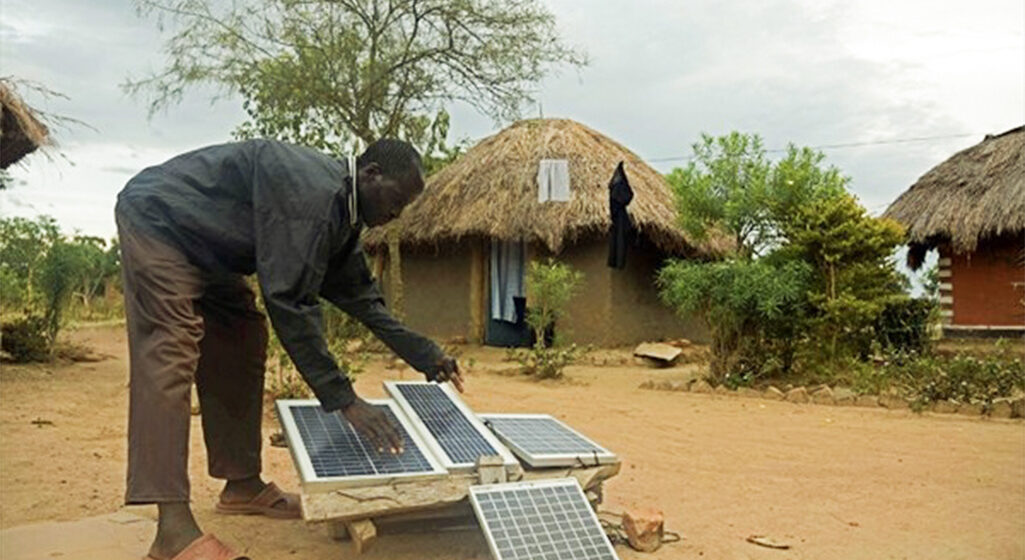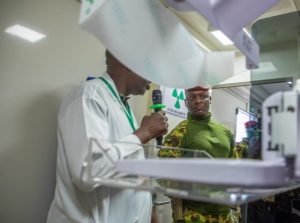Togo / Cooperation: GIZ at the bedside of people from disadvantaged backgrounds

The collaborative efforts between Germany and Togo have yielded substantial socio-economic projects. By funding initiatives in electrification and agriculture within rural areas, this partnership aims to uplift the living standards of disadvantaged populations, thereby fortifying the bond between the two nations.
The German-backed projects play a pivotal role in mitigating socio-economic disparities in Togo, concentrating on marginalized communities in rural settings.
Electrification endeavors are designed to enhance living conditions by providing electricity to households, schools, health facilities, and businesses, thereby amplifying educational, healthcare, and economic prospects for rural dwellers.
Simultaneously, investments in agriculture seek to boost productivity, augment farmer incomes, and bolster resilience in the face of climate challenges.
These investments contribute to creating sustainable economic opportunities, fostering a reduction in socio-economic inequalities across the nation.
Germany’s instrumental role in Togo’s development is evident through its financial support, particularly directed towards advancing electrification and agriculture in rural zones.
These strategic initiatives are geared towards elevating the living standards of marginalized populations by ensuring reliable access to electricity and empowering local farmers.
The electrification of rural areas not only stimulates economic growth by facilitating energy access but also supports job creation and the emergence of local enterprises.
Furthermore, agricultural investments play a crucial role in enhancing food security through the promotion of sustainable farming practices and support for small-scale farmers.
It is noteworthy that Togo has experienced a significant rise in electrification rates in recent years, progressing from 23% in 2010 to 60% in 2021.
This positive trajectory aligns seamlessly with the Togolese government’s ambitious target of achieving 100% electrification by 2030.
Hervé PISSANG






